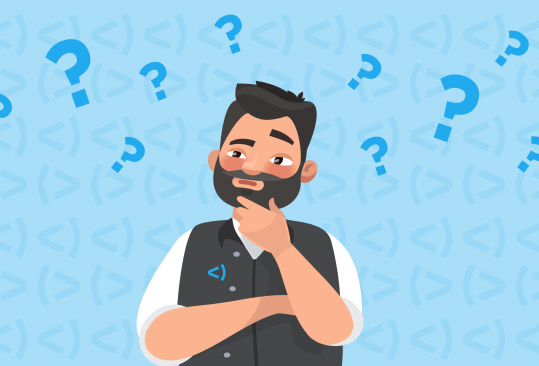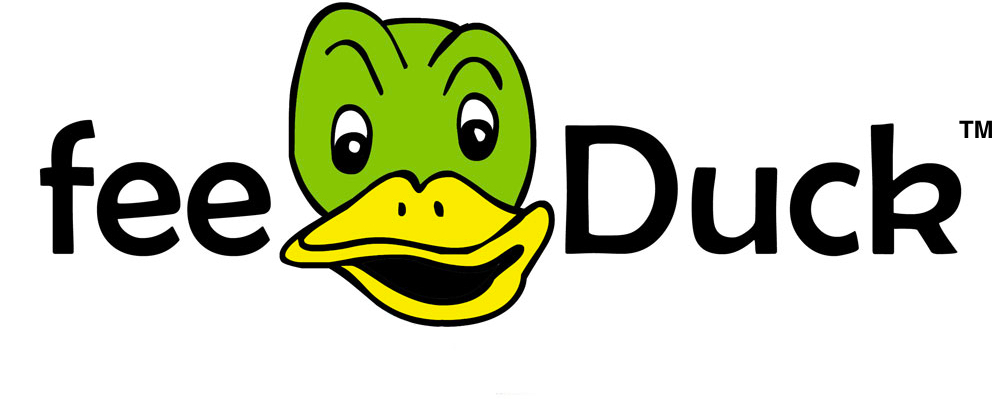Ask a Mortgage Professional: Frequent Questions I Get About Mortgages

As a mortgage broker I really enjoy my job. Each year I help countless Canadians make the dream of homeownership a reality.
Before I became a mortgage broker, I thought I knew everything about mortgages, but since becoming a mortgage broker I’ve learned so much. I like to share as much of this knowledge as possible with my clients to make them smarter consumers, so that they can make the best financial decision possible for themselves and their families.
Warren and I were chatting and we thought it would be fun to do a column on common mortgage questions as I receive as a mortgage professional, so without further ado, here are some of the most frequent questions I get about mortgages.
Q: How much do I qualify for?
A: Generally speaking, based on today’s mortgage rates, you’ll qualify for about 4.5 times your salary rate. For example, if your annual salary is $100,000, you could expect to qualify for a mortgage of about $450,000. If you had a down payment of $150,000, you could spend up to $600,000 on a property.
Now it’s important to remember that this is just a rule of thumb. It’s still important to speak with a mortgage professional like myself, so we can run the numbers. If you have other debt, such as a car loan, line of credit, student debt or a mortgage on another property, it could affect how much you qualify for. By calling a mortgage broker, you can get a more accurate assessment about how much you could spend on a home.
Q: Does a mortgage pre-approval mean I’m guaranteed a mortgage?
A: Getting pre-approved is a great first step when you’re serious about buying a home, but it’s important to recognize what it isn’t and what it isn’t. A mortgage pre-approval is when a mortgage broker or lender looks at the factors that are known at the time: your income, down payment, credit and debt.
The one missing piece of the puzzle is the property itself. There’s always the possibility that the lender might not like the property for whatever reason, such as knob and tube wiring. That’s why it’s still a good idea to consider including a condition of financing when you make an offer on a property to protect yourself in case any unforeseen issues come up during the appraisal.
Q: Should I choose a fixed rate or variable rate mortgage?
A: This is perhaps the most common question I’m asked as a mortgage broker. I wish I could say there was a simple answer, but it all depends.
If you’re a first-time homebuyer or someone who’s risk adverse, you might consider going with a fixed rate mortgage. With a fixed rate mortgage you’ll know exactly what your mortgage payments will be for your mortgage term. There won’t be any surprises. For many this is a small price to pay for peace of mind.
However, if you’re looking to save money and you don’t think interest rates are going up anytime soon, you might consider going with a variable rate mortgage. Variable rate mortgages are typically priced below fixed rate mortgages, saving you money right off the bat. However, there is a potential downside to them. If interest rates were to go up, your mortgage rate and mortgage payment could go up, too.
A good mortgage professional can ask you the right questions and find out whether you’re better suited for a fixed rate or variable rate mortgage.
Q: Do I need to pass the mortgage stress test if I’m switching lenders when my mortgage comes up for renewal?
A: Although the stress test has been around for a while now, this is still a question I get quite frequently. Yes, you do need to pass the mortgage stress test when switching lenders on renewal. The good news is that by then you’ve more than likely paid down your mortgage since you initially took it out. As long as your employment situation hasn’t significantly changed and you haven’t taken on a lot of new debt, you should have no problem qualifying to switch lenders.
I’d encourage you to call a mortgage professional three or four months before your mortgage comes up for a renewal. (And before you ask, no, there’s no cost for the services for a mortgage broker. In most cases my services are completely free.) By calling a mortgage professional with plenty of time to spare, it gives us plenty of time to go over the various mortgage options and see if there’s a way I can help save you some money.
Do you have any questions I haven’t addressed? Please feel free to get in touch with me by email or phone and I’d be happy to answer them for you!
Written by Sean Cooper
Sean Cooper is the bestselling author of the book, Burn Your Mortgage: The Simple, Powerful Path to Financial Freedom for Canadians. He bought his first house when he was only 27 in Toronto and paid off his mortgage in just 3 years by age 30. Sean’s helping others with their mortgages as an independent mortgage broker. Get in touch with him for all your mortgage needs. For a free mortgage consultation, email Sean@BurnYourMortgage.ca or call 647–867–3711.
